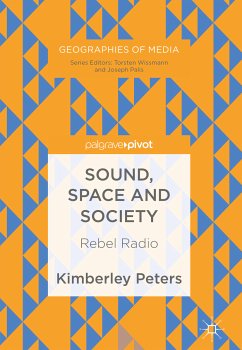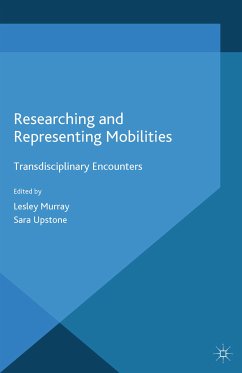In 1964, rebel radio stations took to the seas in converted ships to offer listening choice to a young, resistant audience, against a backdrop of restrictive broadcasting policies. This book draws on this exceptional moment in social history, and the decades that followed, teasing out the relations between sound, society and space that were central to 'pirate' broadcasting activities. With a turn towards mediated life in geography, studies of radio have been largely absent. However, radio remains the most pervasive mass communications medium. This book breaks new ground, discussing in depth the relationship between radio, space and society; considering how space matters in the production, consumption and regulation of audio transmission, through the geophysical spaces of sea, land and air. It is relevant for readers interested in geographies of media, sensory spatial experience, everyday geopolitics and the turn towards elemental and more-than-human geographies.
Dieser Download kann aus rechtlichen Gründen nur mit Rechnungsadresse in A, B, BG, CY, CZ, D, DK, EW, E, FIN, F, GR, HR, H, IRL, I, LT, L, LR, M, NL, PL, P, R, S, SLO, SK ausgeliefert werden.









